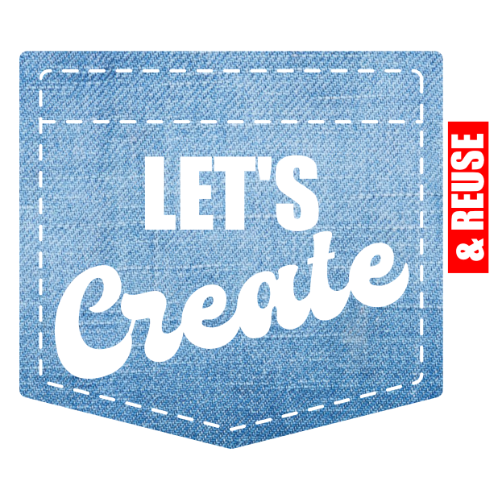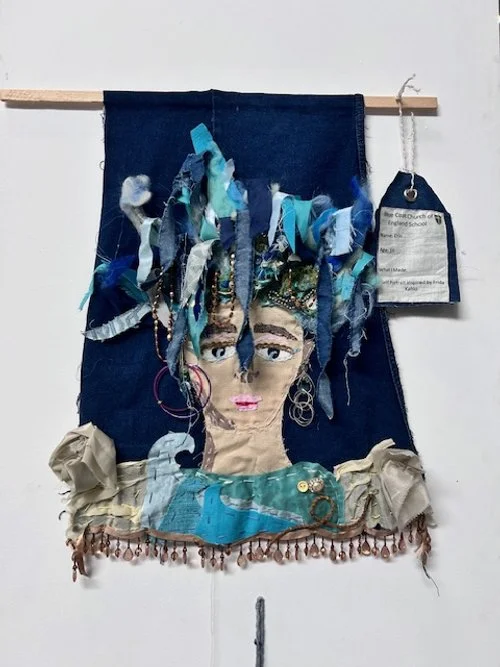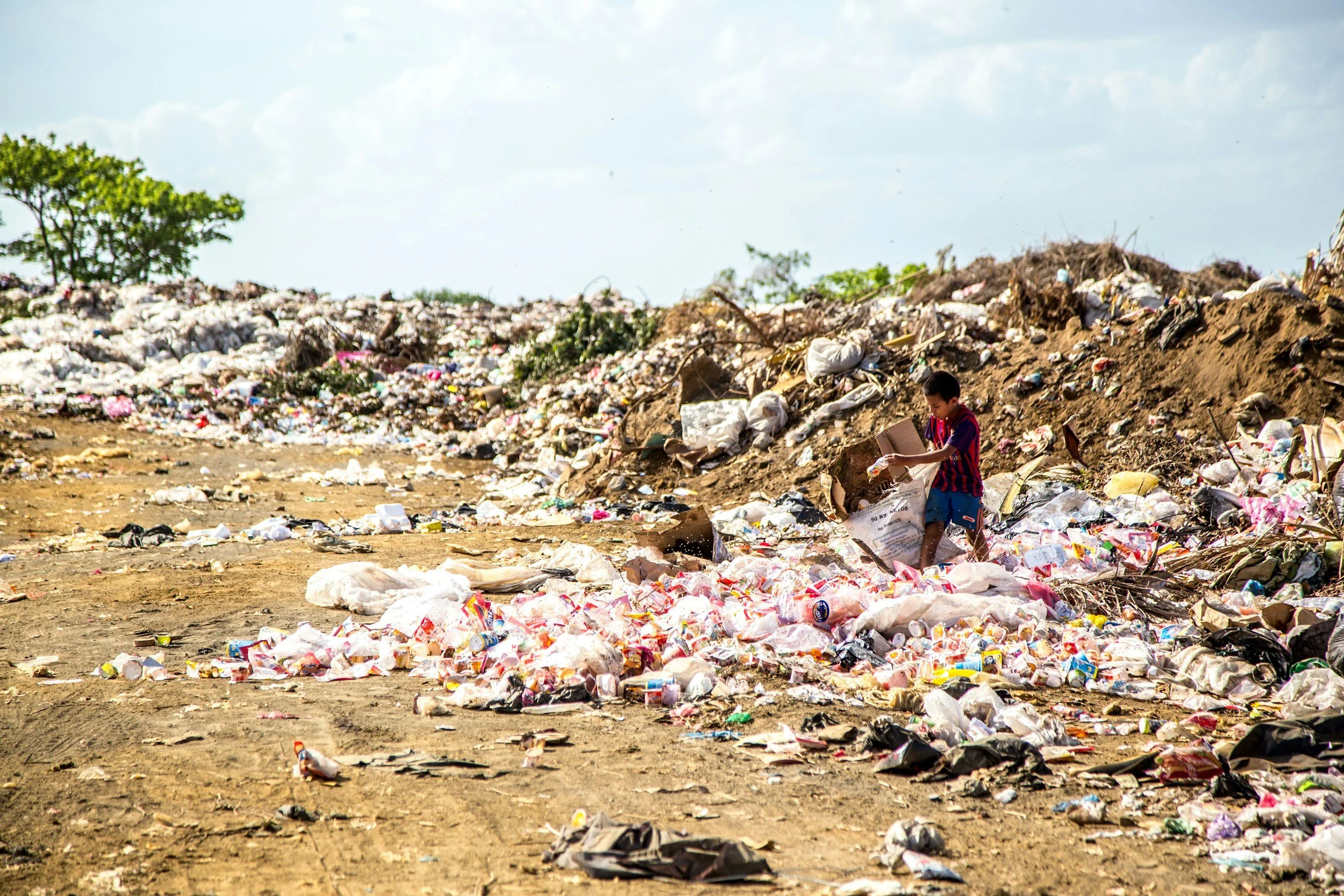the story so far
Let’s Create and Reuse began its journey in 2022 with a 6-week pilot programme in three Coventry schools. Over 60 young people participated, many starting with little enthusiasm but leaving inspired and confident. The impact was clear—more than 15 students chose to continue their studies in textiles and visual arts, setting the stage for the programme’s future success.
By 2024, the program grew significantly, reaching nine schools and welcoming many new participants. Along the way, Let’s Create and Reuse built meaningful partnerships with Coventry University, Myton Hospices, Art in the Park, and EcoFest. The workshops encouraged students to explore the creative potential of upcycling, offering the flexibility to follow step-by-step guides or take creative risks.
With support from industry guest speakers and specialists in various fields, students gained practical skills and valuable insight into future education and career opportunities. Additionally, two bursaries funded by BWC were awarded to support promising students in their creative educational pursuits.
Making a difference
*
Making a difference *
Our Impact
The numbers speak for themselves. Between 2022 and 2024, our programme diverted an estimated 413kg of clothing from landfill, demonstrating the real-world value of sustainability in action.
The UK’s growing focus on environmental education only underscores the importance of initiatives like Let’s Create and Reuse. The Department for Education’s target for all schools to have a Sustainability Lead and Climate Action Plan by 2025 highlights the urgent need for projects that integrate sustainability into learning. Similarly, a report by the Textiles Skills Centre revealed that 55% of primary schools want more textiles education, focusing on skills like sewing, creative techniques, and eco-conscious practices.
MOVING FORWARD
Looking Ahead…
In 2025, Let’s Create and Reuse is introducing new ways to measure its impact on young people’s creativity and environmental awareness. Regular surveys, facilitator-led reflections, and feedback from schools and community venues will allow us to continuously refine our approach. This focus on evaluation will help us develop a scalable, adaptable model that can be implemented in schools across the UK.
Our mission is clear:
To provide young people with essential skills in sustainability and textile creativity—skills that are increasingly overlooked in schools. By combining environmental education with hands-on, imaginative projects, we’re creating a generation of changemakers who see the potential in what others throw away.




